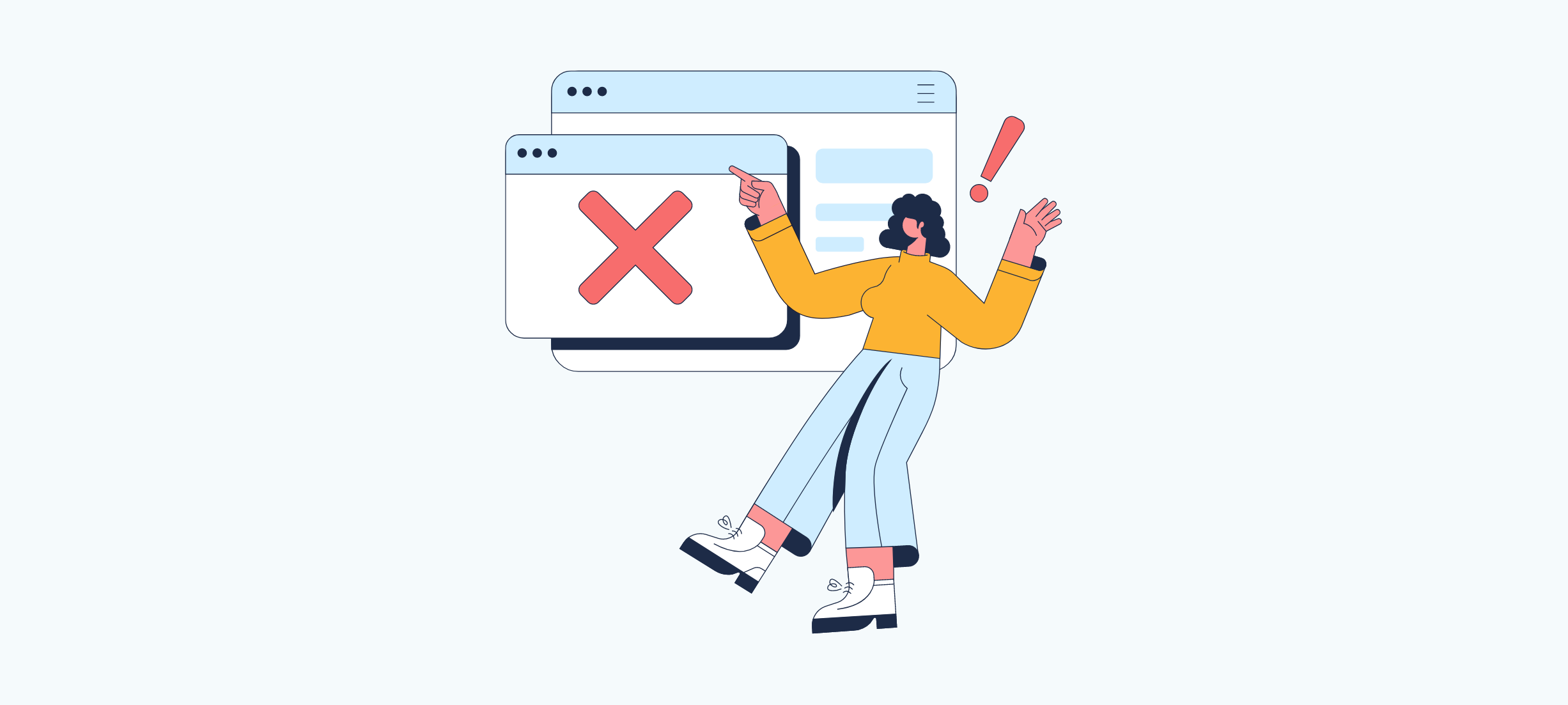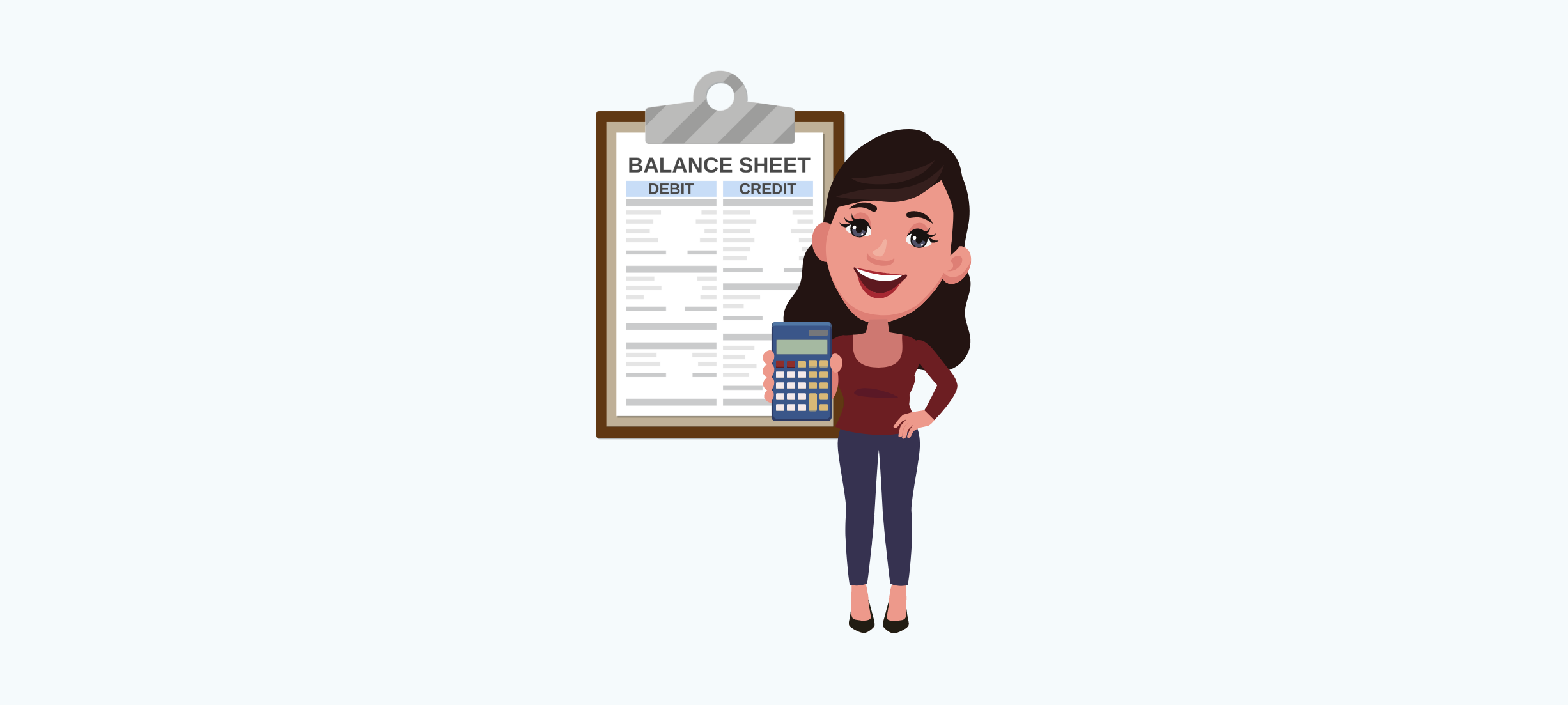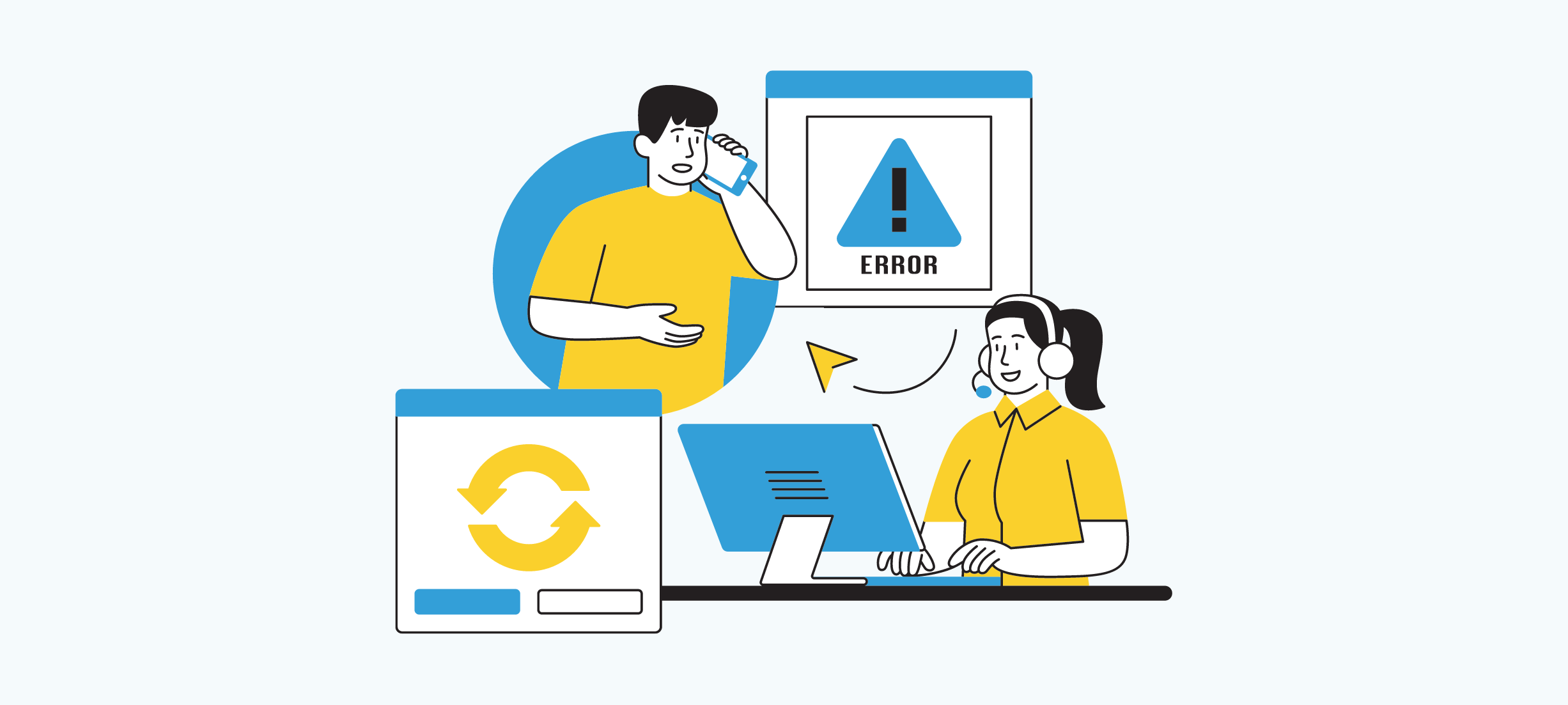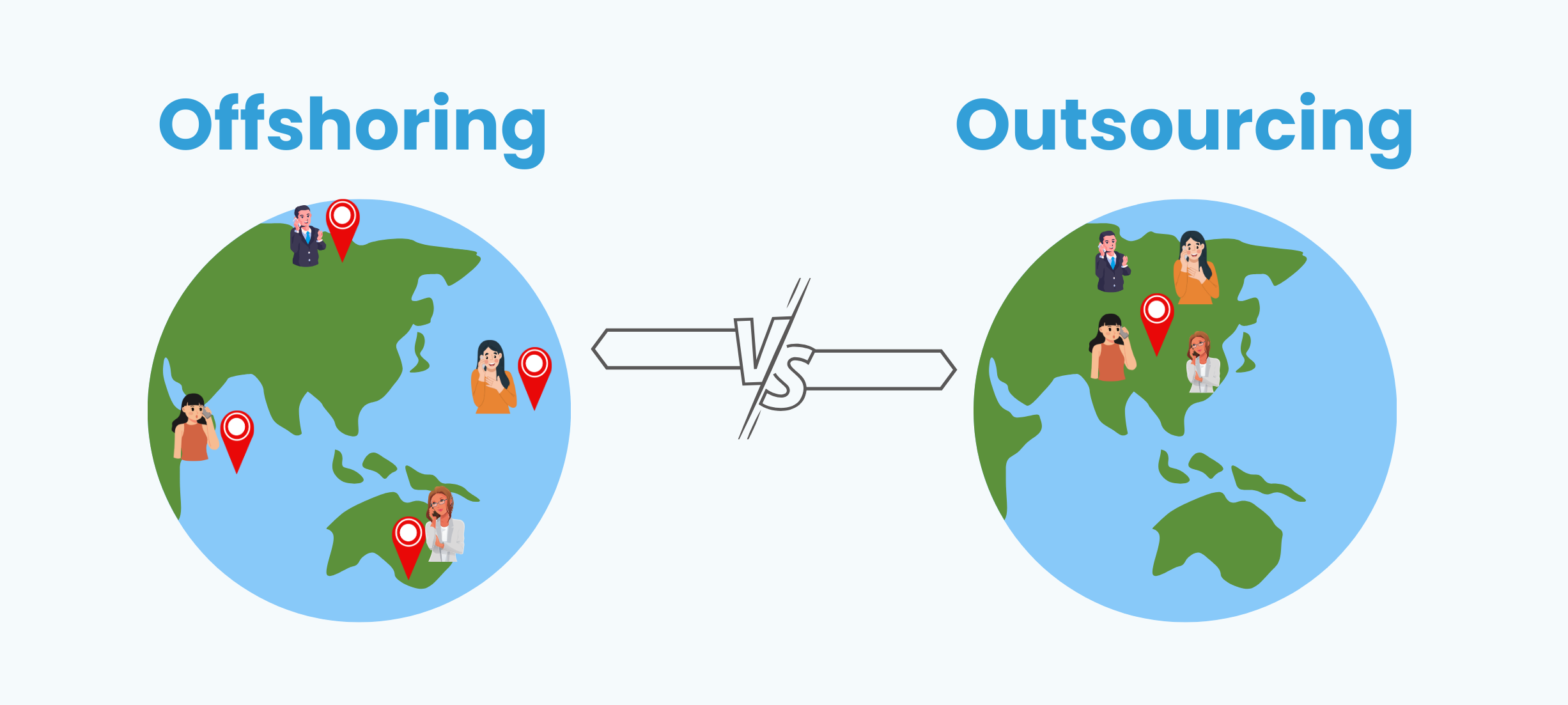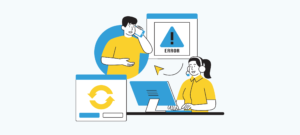If you’re new to small business tax filing, it might seem a bit scary. You might be wondering things like, What forms do I use for small business taxes? How do I get my business money information ready for small business tax? What things can I subtract from my small business taxes? And what do I do if I need more time to file small business taxes?
If you’re wondering about these things, don’t worry—you’re not the only one. This guide has all the answers to these common questions and helpful tips on how to do your small business taxes.
What taxes apply to businesses?
Let’s start with the basics. What are business taxes, and how are they different from personal taxes?
Basically, every year, you have to tell the IRS about your money and figure out how much tax you owe. This is true for individuals, and it’s also true for small businesses. Depending on where you live, you might have to pay taxes to your state and even your local government.
So, what kinds of taxes does a small business have to pay? Well, there’s estimated tax, self-employment tax, sales tax, property tax, excise tax, and employment taxes. When you report your business money and expenses to the government, it’s called a business tax return. To do this with the federal government, you’ll need a special number called an Employer Identification Number (EIN). This EIN is like your business’s ID for taxes.
The type of business you run decides what taxes you have to pay and how you pay them. There are five main kinds of business taxes.
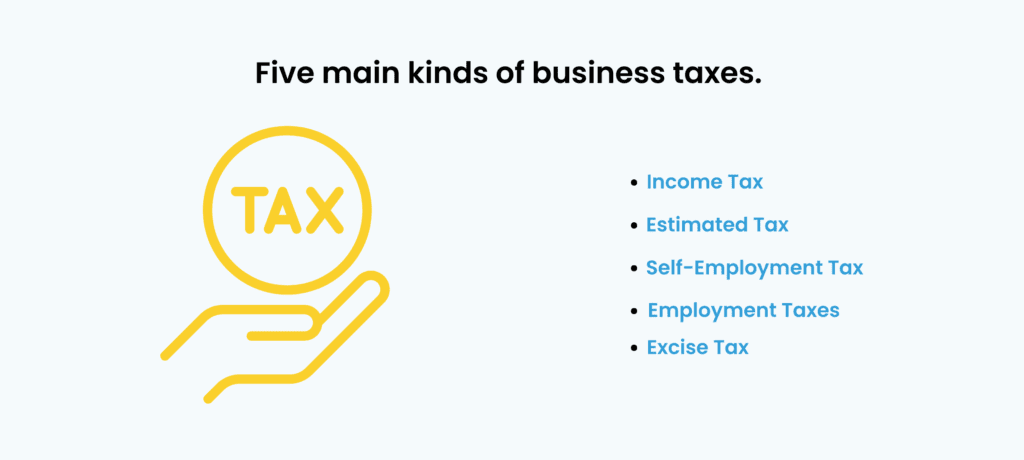
1. Income tax
All businesses, except partnerships, have to send in a tax form every year. Partnerships use a different form called an information return. The form you use depends on how your business is set up. Check out Business Structures to know which forms you need based on your business type.
The federal income tax works like a pay-as-you-go system. You need to pay taxes as you earn money throughout the year. If you’re an employee, your employer usually takes out income tax from your paycheck. But if you don’t have tax taken out or it’s not enough, you might have to pay estimated tax. If you don’t have to make estimated tax payments, you can pay what you owe when you send in your tax form. For more details, check Publication 583.
2. Estimated tax
Estimated tax is a way for individuals and businesses to pay their taxes on income that is not subject to withholding, such as self-employment income, interest, dividends, or rental income. Instead of having taxes withheld from each paycheck, those who earn income not subject to withholding are typically required to make estimated tax payments to the IRS and, in some cases, to state tax authorities. These payments are usually made quarterly, and they help ensure that enough taxes are paid throughout the year to avoid a large tax bill when filing annual tax returns.
3. Self-employment tax
Self-employment tax, known as SE tax, is a special tax for folks who work on their own. It’s like paying into social security and Medicare, which give you benefits for different things. When you pay SE tax, you’re contributing to your retirement fund, getting protection if you become disabled, and ensuring you have insurance for hospital costs, like Medicare.
4. Employment taxes
Employment taxes are different kinds of taxes that employers and employees have to deal with. Here are some of them:
- Social security: This tax helps fund the Social Security system. When you pay this tax, it goes towards things like retirement benefits and disability coverage.
- Medicare: Medicare tax is for health care benefits when you get older. It helps cover medical expenses for seniors.
- Federal income Tax Withholding: This is the money taken out of your paycheck for federal income taxes. It’s like paying a bit of your taxes throughout the year instead of all at once.
- Federal unemployment tax (FUTA): This tax goes into a fund that helps people who lose their jobs. It’s a way to support workers during tough times.
5. Excise tax
This section describes the excise taxes you may have to pay and the forms you have to file if you do any of the following.
- Manufacture or sell certain products.
- Run certain types of businesses.
- Use specific equipment, places, or products.
- Get paid for certain services.
- Form 720: This is a form where you report different taxes called excise taxes. It includes things like taxes on the environment, communication, air travel, fuel, and the first sale of big trucks.
- Form 2290: If you use large trucks, there’s a special tax you report on Form 2290. This tax is for trucks with a weight of 55,000 pounds or more that drive on public highways.
- Form 730: If you’re in the business of taking bets or running gambling activities, you might need to pay an excise tax. Form 730 helps you figure out the tax on the bets you collect.
- Form 11-C: Use Form 11-c,for registering and paying the federal tax if you’re involved in any betting activities.
Small business tax deduction
A small business tax deduction is like a special way for small businesses to pay less in taxes. When you qualify for a deduction, it means you can subtract certain business expenses from the total money you earned.
For additional information, refer to Top Tax Deductions for Shop Owners
How did the tax cuts and jobs act change business taxes?
President Trump’s tax changes started on January 1, 2018. Here’s how it impacts small businesses in the U.S.
- Corporate tax rate became a flat 21%.
- Other businesses got a 20% tax deduction called the QBI deduction if they qualify.
- Spending on entertaining clients doesn’t get a tax deduction anymore.
- Snacks and meals at the office are now 50% deductible instead of 100%.
- The amount you can write off for car depreciation almost doubled.
For more details, you can check our guide to the Tax Cuts and Jobs Act
Make filing small business taxes easy with BookkeeperLive
With BookkeeperLive, you can effortlessly organize your financial records, categorize expenses, and generate accurate reports. We guide you through the complexities of tax preparation based on your specific business structure, helping you identify eligible deductions and credits to reduce your taxable income effectively.
What sets us apart – even if you’re new to tax filing, you’ll find our approach easy to navigate. We emphasize keeping your business and personal finances separate, promoting organized record-keeping for enhanced accuracy during tax time.
But BookkeeperLive isn’t just about filing taxes; we help you plan for quarterly estimated taxes, preventing any surprises at year-end. We provide a holistic solution for small business owners, combining user-friendly methods with expert insights.
FAQs
What forms do I need to file for small business taxes?
The forms you need depend on your business structure. Common forms include Schedule C for sole proprietors, Form 1120 for corporations, and Form 1065 for partnerships. Consult the IRS website or a tax professional for guidance.
How do I calculate and pay estimated taxes?
Small business owners often need to make quarterly estimated tax payments. To calculate these, estimate your annual income and taxes, divide by four, and pay the estimated amount by the quarterly deadlines.
Can I deduct business expenses?
Yes, you can deduct legitimate business expenses such as office supplies, travel costs, and certain utility expenses. Keep detailed records and receipts to support your deductions.
What is the qualified business income (QBI) deduction?
The QBI deduction allows eligible businesses to deduct up to 20% of their qualified business income. However, specific rules apply, and the deduction is subject to limitations. Consult a tax professional to determine if you qualify.
Is it better to hire a tax professional or use tax software for small business taxes?
The choice depends on your comfort level with tax regulations and the complexity of your business. While tax software can be cost-effective, a tax professional can provide personalized advice and ensure compliance with current tax laws.
Can I amend my small business tax return if I made a mistake?
Yes, if you discover an error on your tax return, you can file an amended return using Form 1040X for individuals or the applicable business tax amendment form.

